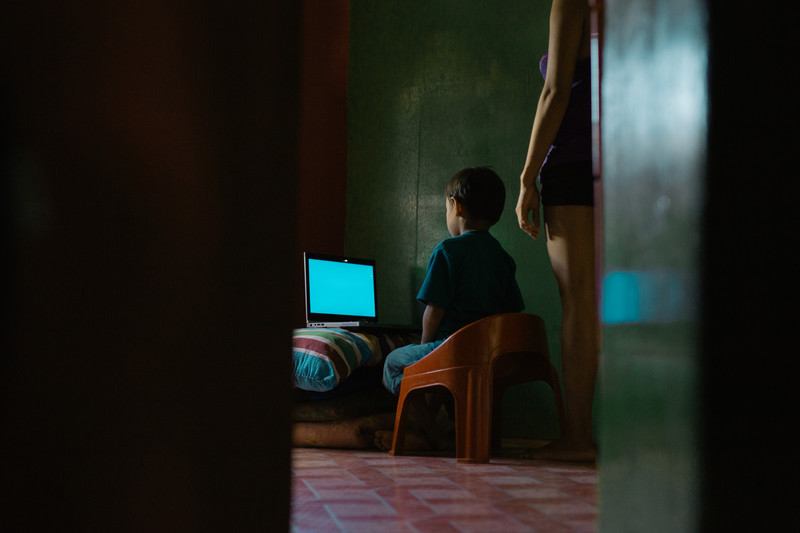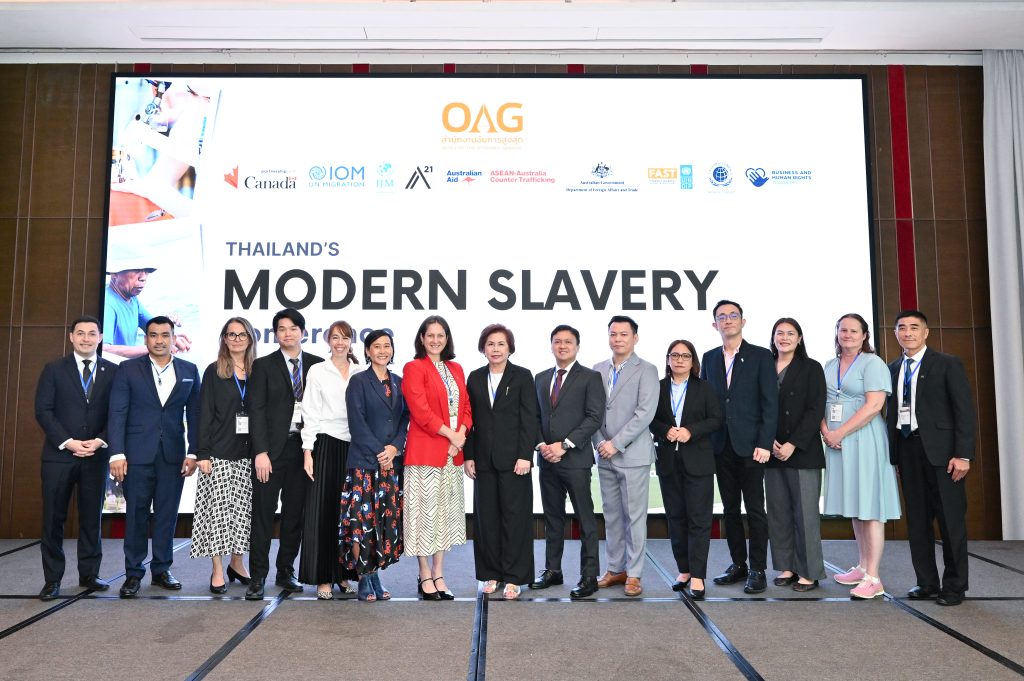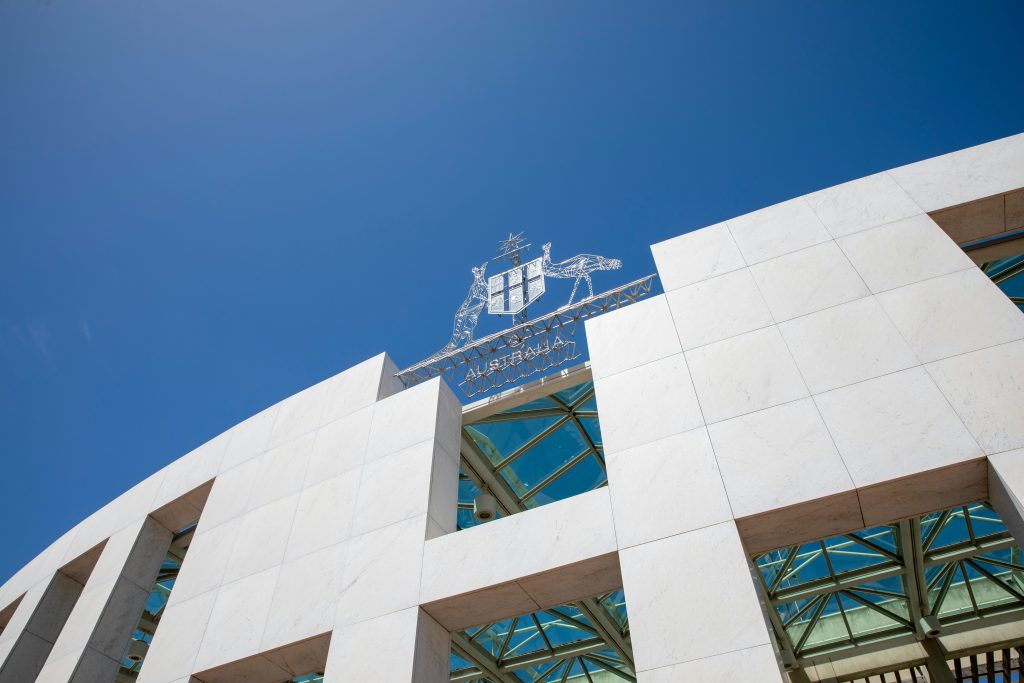Asia-Pacific
Plea bargains provide six trafficking convictions in four weeks and justice for Filipino children

THE PHILIPPINES – Six child traffickers have been convicted in the Philippines for trafficking offences related to the online sexual exploitation of children (OSEC). Each conviction included a sentence of at least 15 years’ imprisonment. All six convictions came within a period of less than four weeks and each was the result of a plea bargain.
In one case in Ozamis in Mindanao, a man and a woman were sentenced on 19 April 2022 to a total of 17 years, 4 months and 1 day in jail, and fined a total of 600,000 pesos (about A$20,000). A second case resulted in a woman being convicted on 25 April.
Meanwhile in Lapu-Lapu City in the Visayas, a woman was convicted of attempted trafficking and child prostitution on 12 May. In Tarlac in Luzon, two women were convicted in separate cases on 16 May.
Each offender was handed a 15-year prison sentence for trafficking, plus additional jail time for child prostitution and child pornography offences, up to a maximum total of 19 years’ imprisonment. They each received a fine of 500,000 pesos (about A$13,700), plus civil liabilities.
Plea bargaining time and again has been a proven legal strategy for the Philippine Justice System in prosecuting cases of OSEC. Under this legal mechanism, which also exists in Australia, the accused pleads guilty to a lesser offence in return for a lighter sentence.
IJM supports the use of plea bargains because it is ultimately beneficial for the child survivors. Plea bargains often mean that child victims do not have to testify and recount the abuse they suffered.
“This conviction by plea bargaining is not just to hold perpetrators accountable for their crimes but also a tool to prevent children who have already been abused from a possibility of being retraumatised by the rigours of trial,” said Regional Prosecutor Fernando Gubalane.
As well as providing swifter and cheaper justice instead of a long and expensive trial, a plea bargain involves a clear admission of fault by the traffickers, who are generally trusted adults and even the parents of the victims. When the traffickers plead guilty it helps child survivors to understand that the abuse was not in any way their own fault.
“These recent convictions … [are] a testament to the relentless work and commitment of our duty bearers in law enforcement, prosecution and judiciary to ensure that violence against children will not thrive with impunity,” said Atty. Lucille Dejito, Director of IJM Cebu Field Office. “We hope that these convictions and stiff penalties will serve as strong deterrence for traffickers who are exploiting children online.”
Note to Editors:
IJM is withholding the name of the offenders to protect the identities of the child survivors
The Terminology Guidelines for the Protection of Children from Sexual Exploitation and Sexual Abuse, also known as the Luxembourg Guidelines, prescribes the use of the term “child sexual abuse material” or “child sexual exploitation material” instead of “child pornography”, except when referencing the name of statute. Sexualised material that depicts or otherwise represents children is a representation, and a form, of child sexual abuse and should not be described as “pornography.”




